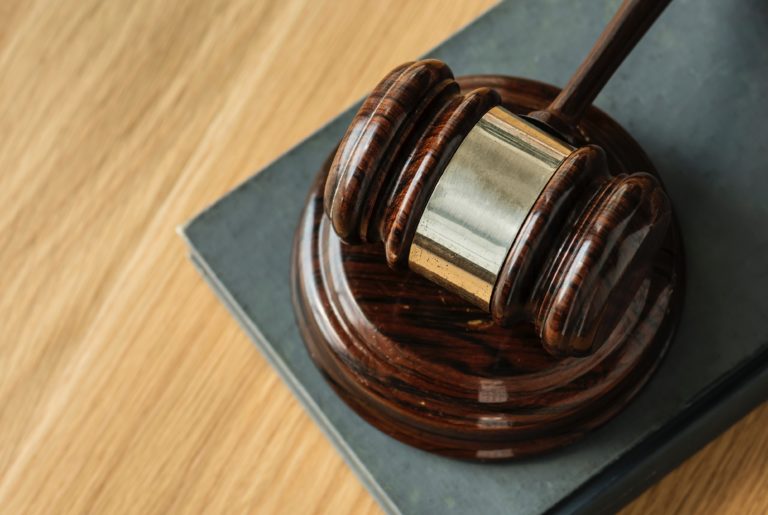
If you are filing for bankruptcy, you must complete several steps before you are officially granted a fresh start. One of those steps is called the meeting of creditors, or a 341 hearing. Essentially, the meeting of creditors is when you, your attorney, your trustee, and creditors analyze and discuss your current financial situation. While your attorney is always on your side, sometimes creditors will try and reject your case. This is why you need a seasoned bankruptcy attorney actively fighting for your rights. If you are filing for bankruptcy and wish to learn more about the meeting of creditors, here are some of the questions you may have:
What should I bring to the meeting of creditors?
There are several relevant documents you must bring to your hearing. They are as follows:
- Proof of income, such as tax returns, pay stubs, and W-2 forms
- Bankruptcy papers
- Photo ID and Social Security card
- Recent bank statements
- Any documentation required for your expenses under the means test
- Any additional documents that the trustee demands in the Notice of Meeting of Creditors
What questions are asked at the meeting of creditors?
At a meeting of creditors, the trustee will ask you several questions pertaining to your financial situation. Trustees want to know whether you expect to receive tax refunds, whether you expect to receive an inheritance of any kind, whether you will receive property from a recent divorce, and more. The primary purpose of these questions is to get a better understanding of where you stand financially, and whether or not you truly need bankruptcy to bail you out. You must be prepared to account for virtually every aspect of your finances. By hiring an experienced attorney, you ensure you will have all the materials and information you need to truthfully and confidently answer any of the trustee’s questions.
How long does the meeting of creditors last?
Fortunately, most 341 hearings do not last longer than 10 minutes. Many people worry about these meetings, as they sound rather intimidating. However, as long as you have a knowledgeable attorney by your side, you won’t have to sweat your meeting.
What happens after the meeting of creditors?
Once the meeting is over, the court usually issues the debtor orders. The court may demand the debtor provide the trustee with information or require the debtor to turn over assets or property. If you, the debtor, fail to do so, your case may be dismissed. An attorney will guide you through the rest of the process until you ultimately receive a bankruptcy discharge.
Contact our experienced New York firm
Bankruptcy, for many people, is a frightening endeavor. Fortunately, with the help of an experienced attorney, it does not have to be. If you require the services of an experienced Business Law or Bankruptcy attorney, contact the Law Offices of Allen A. Kolber, Esq. today to schedule a consultation and discuss your options. We will have your back every step of the way.






